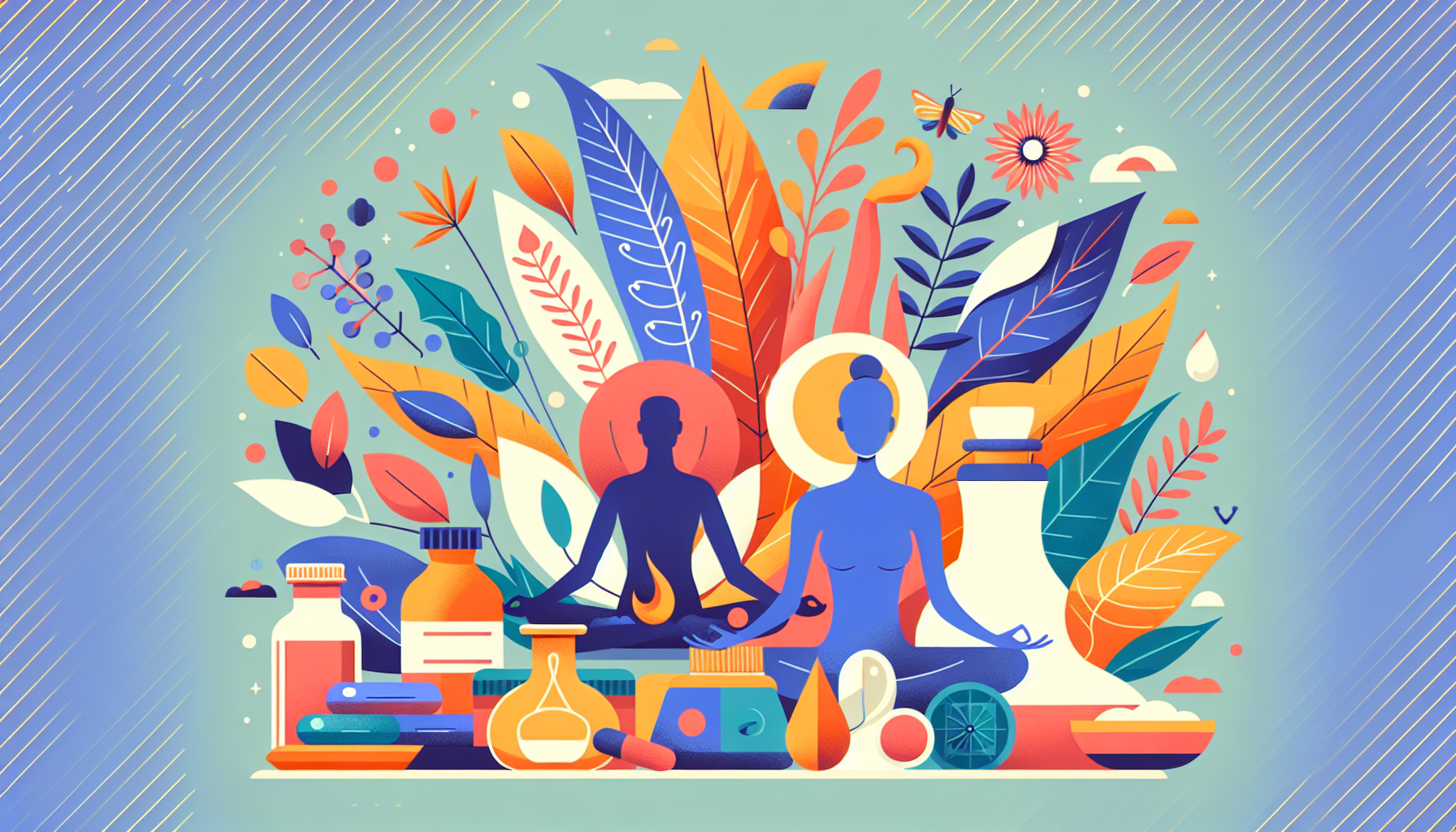Ayurveda, which means "science of life" or "knowledge of life" in Sanskrit, is one of the world's oldest holistic healing systems. Developed more than 5,000 years ago in India, Ayurveda is based on the belief that health and wellness depend on a delicate balance between the mind, body, spirit, and environment.
The Three Doshas: Vata, Pitta, and Kapha
According to Ayurveda, every person is made up of five basic elements found in the universe: space, air, fire, water, and earth. These elements combine to form three life forces, or energies, called doshas:
Vata dosha (space and air)
Pitta dosha (fire and water)
Kapha dosha (water and earth)
Everyone inherits a unique combination of these doshas, with one usually being more dominant than the others. The balance of these doshas is believed to determine your physical, mental, and emotional well-being.
Ayurvedic Treatments and Lifestyle Practices
An Ayurvedic practitioner will create a personalized treatment plan based on your unique dosha balance. Some common Ayurvedic treatments and lifestyle practices include:
Herbal medicine
Yoga and meditation
Purification programs (panchakarma)
Dietary changes
Massage and oil treatments
Breathing exercises (pranayama)
These practices aim to restore balance and harmony within the body, mind, and spirit, promoting overall health and well-being.
Benefits of Ayurveda
While more clinical research is needed, many Ayurvedic practices have been shown to improve health and well-being. Some potential benefits include:
Reduced inflammation and improved symptoms of conditions like rheumatoid arthritis
Lower blood pressure and cholesterol levels
Decreased risk of heart disease through a plant-based diet
Reduced chronic pain, anxiety, and improved digestion through yoga practice
Better stress management and sleep quality through meditation
It's essential to consult with a qualified Ayurvedic practitioner and your healthcare provider before starting any new treatment or making significant lifestyle changes.
Incorporating Ayurveda into Your Life
Even if you're not ready to visit an Ayurvedic practitioner, there are simple practices you can incorporate into your daily life to promote balance and well-being:
Maintain a regular sleep schedule and practice good sleep hygiene
Set aside time for meditation and deep breathing exercises
Practice yoga or engage in regular physical activity
Eat fresh, homemade meals and focus on foods that balance your dominant dosha
Incorporate Ayurvedic herbs like ashwagandha, turmeric, and ginger into your diet
By understanding your unique dosha balance and making small, consistent changes, you can begin to experience the benefits of Ayurveda and work towards optimal health and well-being.
For more information on Ayurveda and finding a qualified practitioner, visit the National Ayurvedic Medical Association, Maharishi Ayurveda, or Banyan Botanicals.
The Bottom Line
This 5,000-year-old system offers personalized wellness through dosha assessment and targeted interventions like specific herbs, timing of meals, and detox protocols. Start with simple practices like eating warm, cooked foods and establishing regular sleep patterns before advancing to complex treatments. If you're considering incorporating Ayurvedic approaches into your health routine, Doctronic can provide personalized guidance on safe integration with conventional care.



